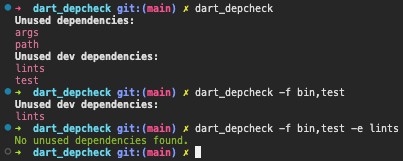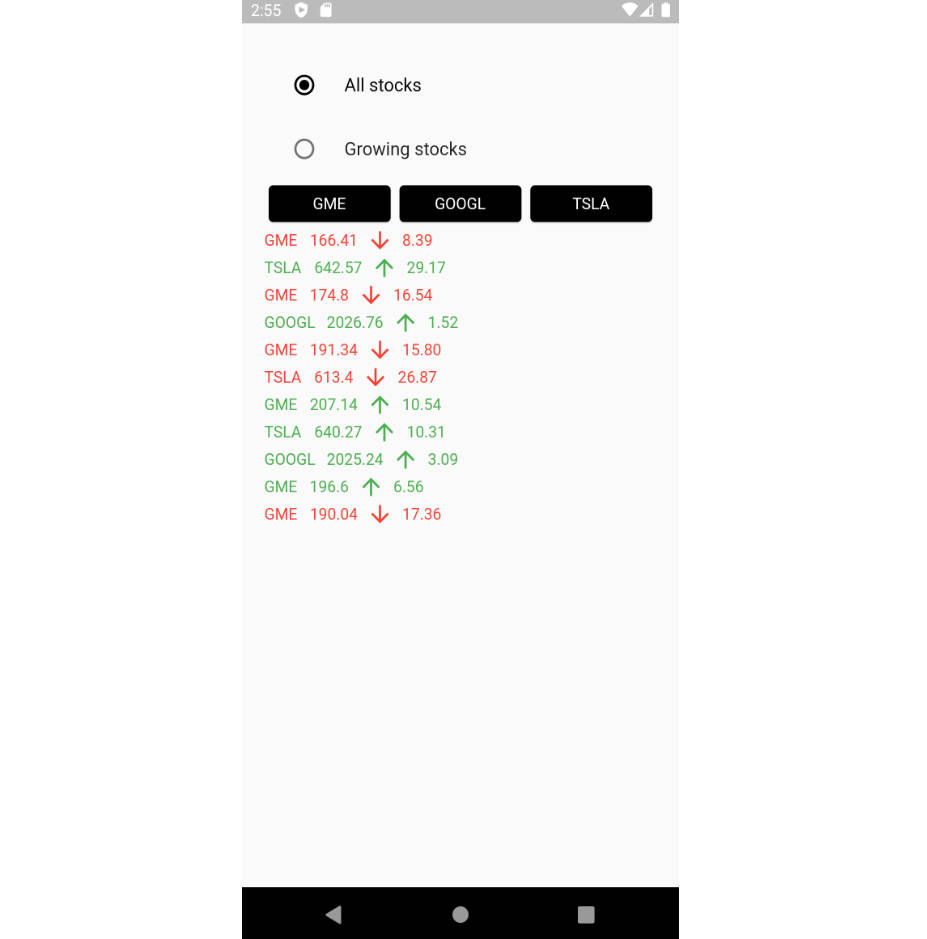result_option
result_option is a simple Dart library for Result and Option types. Inspired by
Rust, leveraging Dart 3’s new pattern matching features and sealed class exhaustive
switch mechanics to provide as close to Rust’s Result/Option experience as possible
without going so deep as to implement every single utility method Rust provides.
This package is a work-in-progress. I’m just adding to it as I can, but mostly for now it’s only complete insofar as what is needed for the project I’m using it for. I’d like to get some of the Rust utility methods in here eventually, like
mapandfilterbut I currently have no need for them.
Getting started
Add the dependency to your pubspec.yaml file in your Dart/Flutter project:
dependencies:
result_option: ^1.0.0
Or via git:
dependencies:
result_option:
git: https://github.com/zajrik/result_option.git
Then run dart pub get or flutter pub get
Usage
// Assume getUser() returns some sort of User object
Result<User, String> user = await getUser(id: 12345);
if (user case Err(value: String error)) {
print('Error retrieving user: $error');
return;
}
// Assume the User object has an email field of type Option<String>
Option<String> email = user.unwrap().email;
if (email case Some(value: String address)) {
print('User email: $address');
} else {
print('User has no email set.');
}
// Alternative to the above using a switch expression for pattern matching
print(switch (email) {
Some(value: String address) => 'User email: $address',
None() => 'User has no email set.'
});
// Pattern matching with switch is exhaustive for Result and Option, so the compiler
// will give you warnings/errors to make sure you're providing cases for all potential
// values for Ok()/Some(), either directly or via a default case, and for Err()/None(),
// again either directly or via a default case
Additional information
This library was written largely because I didn’t like the way other libraries with similar goals would leverage higher-order functions for faux-pattern-matching. Now that Dart has real pattern matching I wanted to use something that leverages that, but couldn’t find anything that really fit my needs, nor my appreciation of Rust’s implementation.




